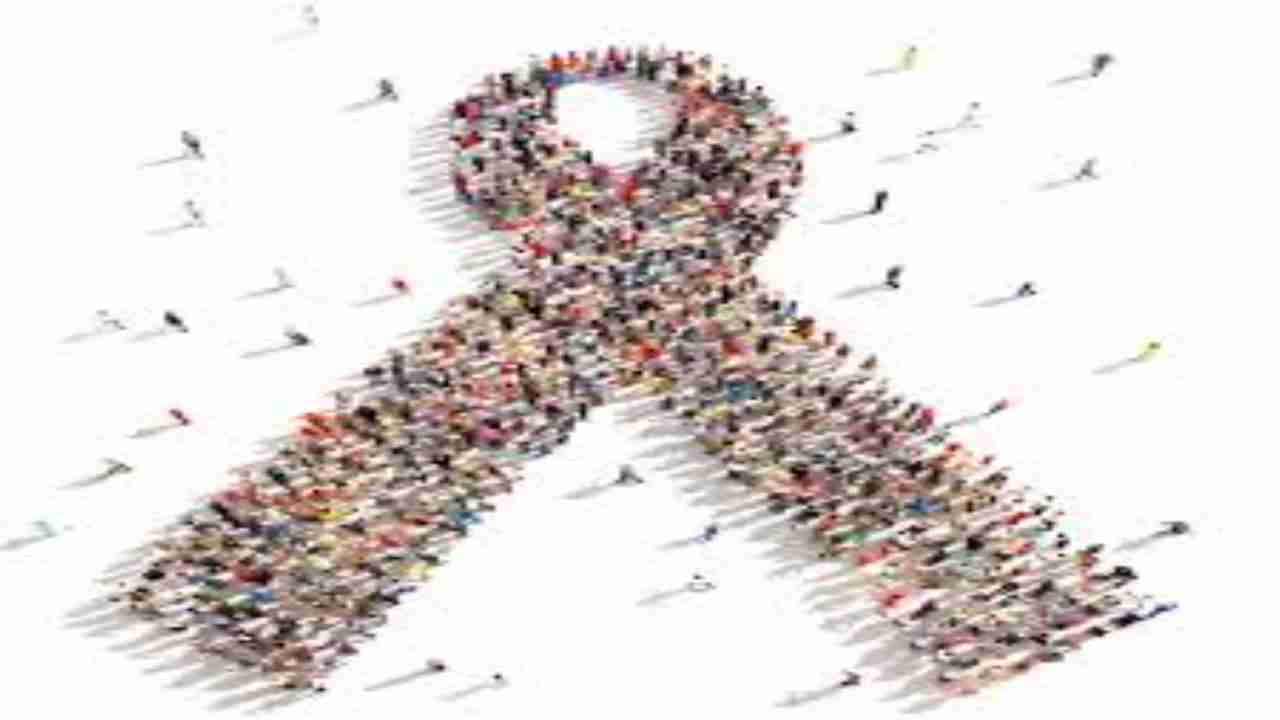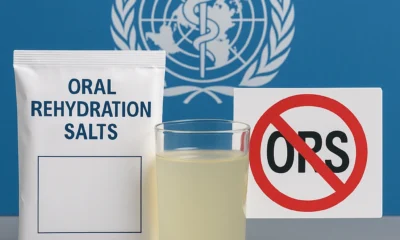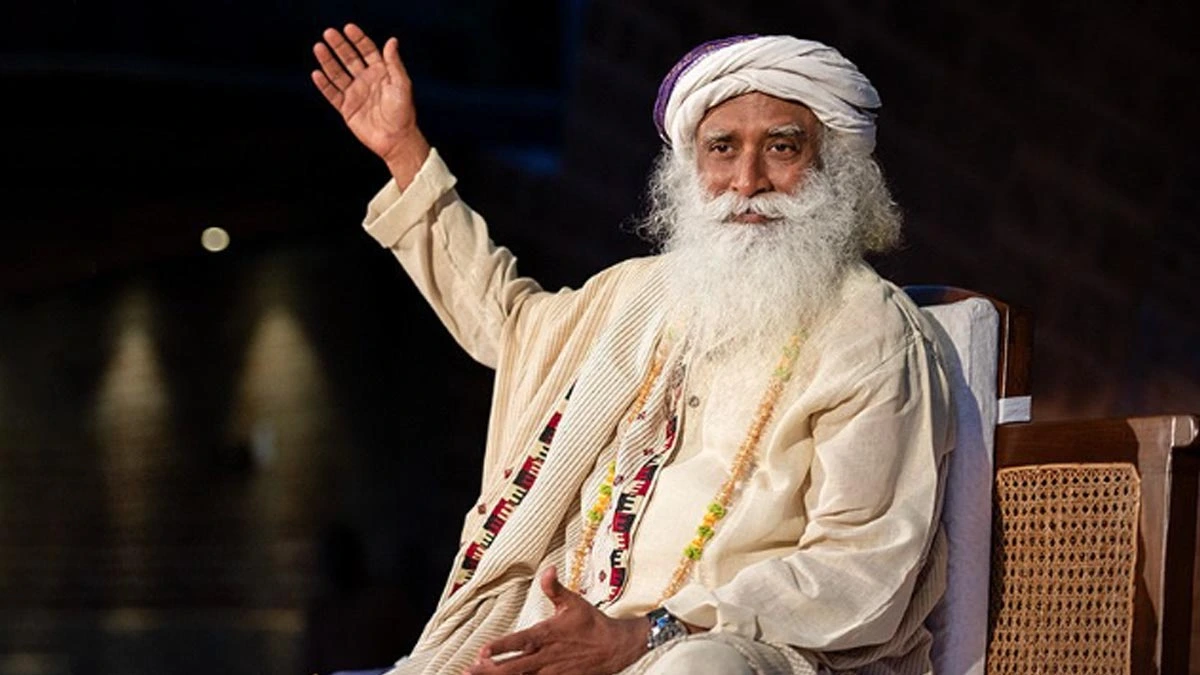Health
WHO says there should be a focus on gaps in cancer care
Dr Poonam Khetrapal Singh, Regional Director, WHO South-East Asia Region said that this is the time when we need to urgently address these gaps.

Health
Karwa Chauth 2025 moonrise time: Biohacking the fast from sunrise to moonlight for better health
Karwa Chauth 2025 fast offers not only spiritual fulfilment but also scientifically proven health benefits — from improved metabolism and hormonal regulation to enhanced longevity and mental clarity.
Health
Sadhguru’s 30% diet challenge: Spiritual leader explains how eating more fruits can transform your digestion and mental clarity
Sadhguru’s 30% diet challenge urges people to eat more fresh fruits daily. From better digestion to steady energy, here’s how this change can improve your life.
Health
Is winter really a silent threat for diabetics and hypertensive patients? Risks you need to know
-

 India News22 hours ago
India News22 hours agoPM Modi accuses Congress of anti-Sikh bias over Rahul Gandhi’s ‘traitor’ remark
-

 India News7 hours ago
India News7 hours agoPunjab AAP leader Lucky Oberoi shot dead in daylight attack in Jalandhar
-

 India News7 hours ago
India News7 hours agoPariksha Pe Charcha 2026: PM Modi to interact with students at 10 am today
-

 Latest world news6 hours ago
Latest world news6 hours agoBangladesh rushes to finalise US trade deal after India secures lower tariffs
-

 India News1 hour ago
India News1 hour agoCentre reassures farmers as India-US trade deal nears completion
-

 Cricket news58 mins ago
Cricket news58 mins agoVaibhav Suryavanshi’s record 175 puts India U19 on course for massive total in World Cup final
-

 Latest world news49 mins ago
Latest world news49 mins agoSuicide bombing at Islamabad shrine kills 10, over 20 injured
















